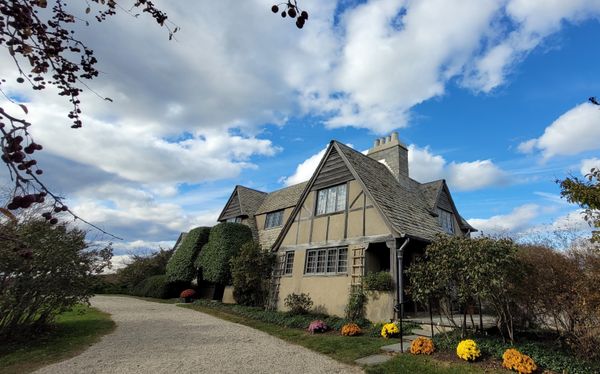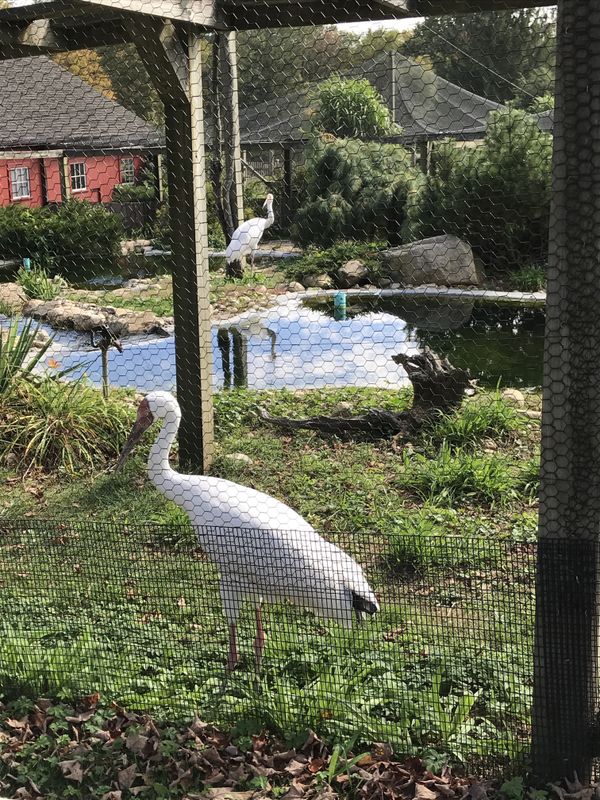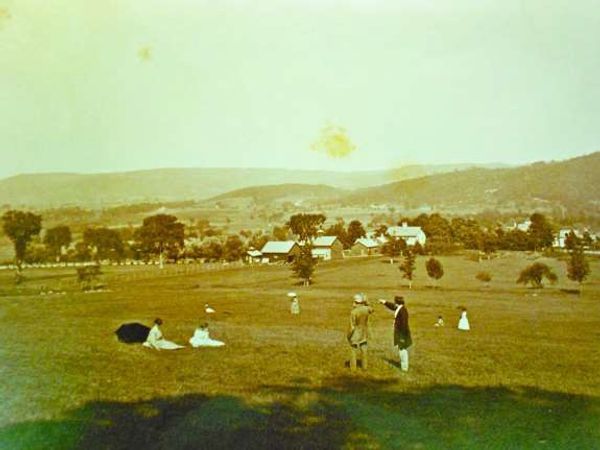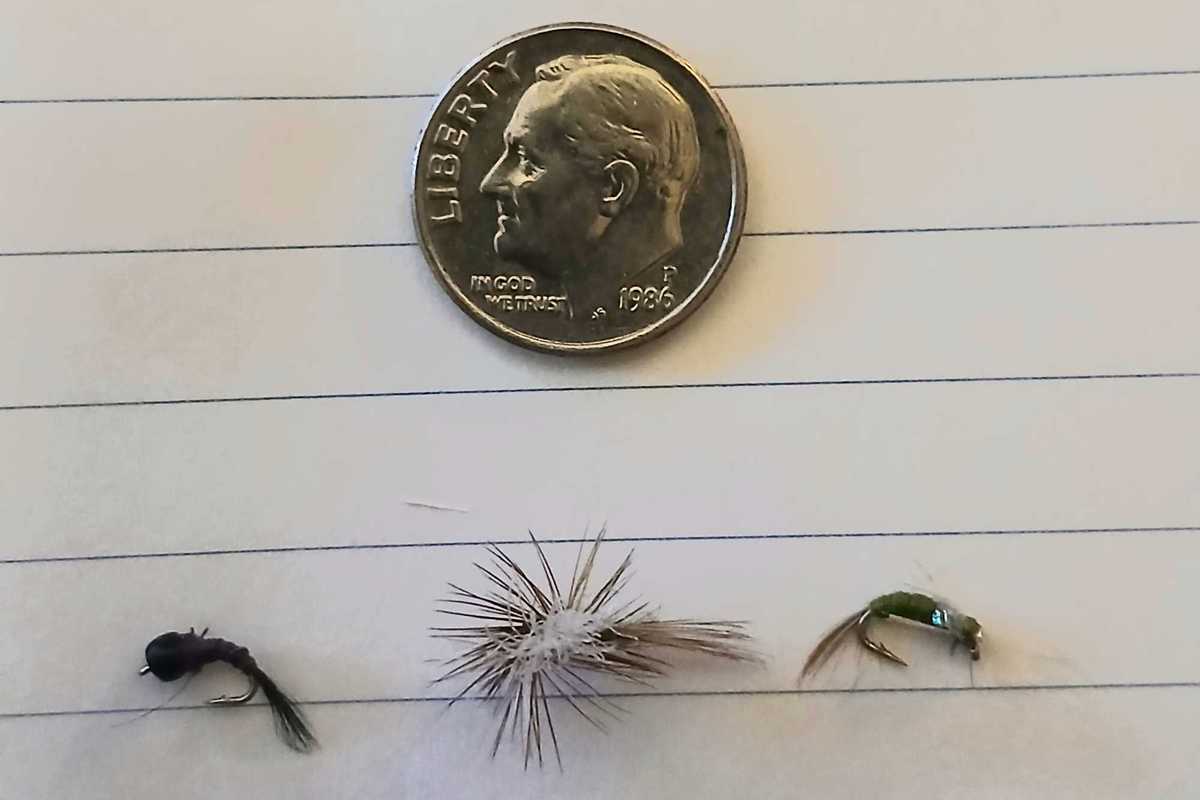In a Topsy-Turvy World, the Highland Games Bring a Taste of Tradition

The Round Hill Highland Games return to Lime Rock Park in Salisbury, Conn., on Sunday, June 26, with caber tossing, a 1-mile kilted run and many other exotic delights. Photo by Cynthia Hochswender








 lakevillejournal.com
lakevillejournal.com 




 Visitors consider Norman Rockwell’s paintings on Civil Rights for Look Magazine, “New Kids in the Neighborhood” (1967) and “The Problem We All Live With” (1963.) L. Tomaino
Visitors consider Norman Rockwell’s paintings on Civil Rights for Look Magazine, “New Kids in the Neighborhood” (1967) and “The Problem We All Live With” (1963.) L. Tomaino


 Styling a tray can give a home or room a re-fresh.Kerri-Lee Mayland
Styling a tray can give a home or room a re-fresh.Kerri-Lee Mayland





